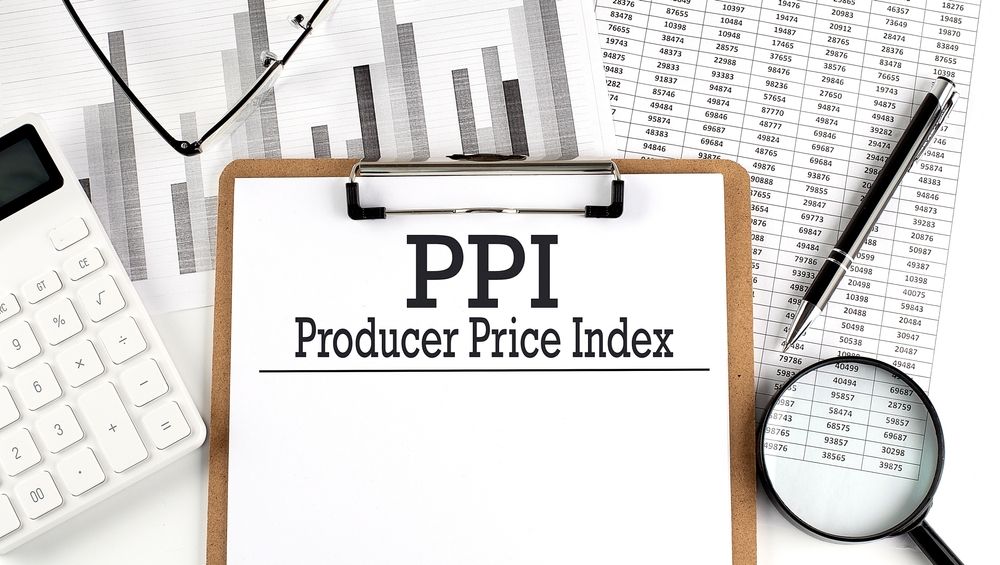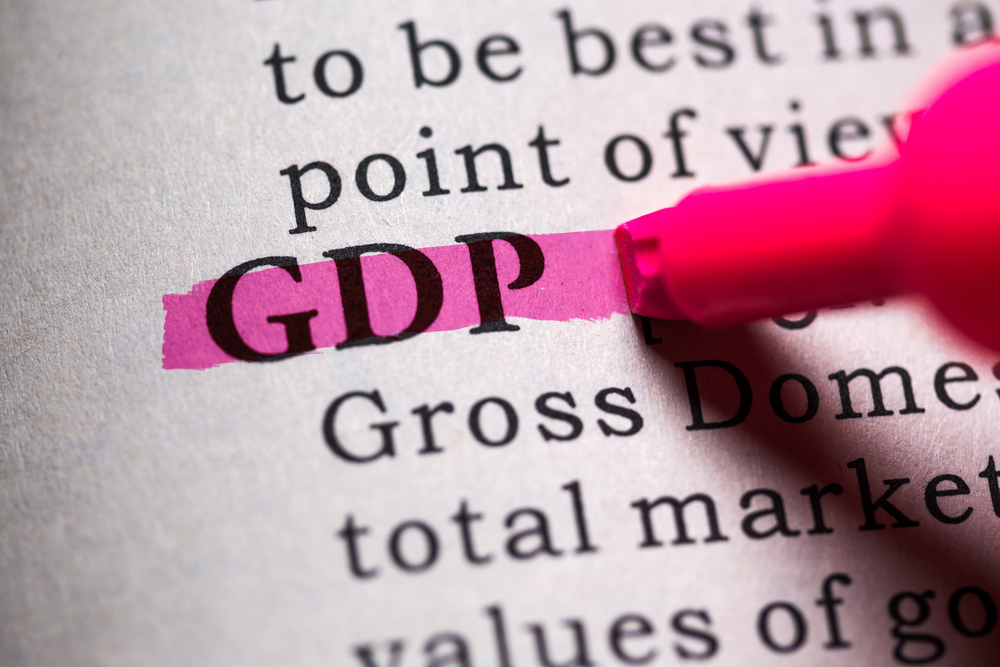Controversies Around the New Copyright Directive

After long debate, the EU’s new and controversial Copyright Directive was recently adopted by the Parliament and the Council of the European Union. The directive is part of a wider EU copyright reform for the internet age, as part of its plans to create a digital single market.
The directive aims to re-set the balance of current protections in favor of the rights holders. The two most controversial provisions are Article 15 and 17 (formerly Articles 11 and 13), which have been the subject of much debate and campaigning.
Article 15: Ancillary Copyright of Press Publishers
Article 15 introduces a new ancillary (or “neighboring”) copyright for EU-established press publishers, separate from the copyright in individual articles. Under Article 15, displaying anything other than “snippets,” namely “individual words” or “very short extracts” of content to users via online platforms and other news aggregators will require a license. Article 15 has therefore been referred to as a “link tax”, “news tax” or “publishers’ right”. Its aim is to generate income for (European) press publishers.
Campaigners against its introduction argued that it will limit freedom of expression and access to information. Some also fear an increase in the prevalence of “fake news”.
It is left to the national legislation whether it will allow press publishers to waive their rights in press publications or whether this right will be introduced as a compulsory provision. We have already seen the result of either solution in practice where this right had been already introduced. In Germany, the press publishers waived their rights. In Spain, where it was introduced as a compulsory right, the biggest news aggregator, Google News, shut down its services 24 hours after the law entered into force. As a consequence, the turnover of news portals dropped by an average of 30%. So far, neither of these options has served the purpose for which this right was introduced.
Article 17: Content Upload Filters and Requirements to License or Prevent Illegal Materials
Equally controversial is Article 17, which states that certain service providers are engaged in “an act of communication to the public” in respect of user-generated content containing copyright-protected material. Article 17 contains operative provisions aimed to solve the so-called “value gap” and breaks new ground by establishing primary liability for “online content-sharing service providers” (OCSSPs). Rights holders have argued that it is essential for these services to seek licenses and for rights holders to be fairly remunerated for any use of their works online. Article 17 also establishes a copyright-specific, safe harbor regime, where OCSSPs can still escape liability insofar as they satisfy the specific set of obligations set out in Article 17(4).
Overall, Article 17 results in an obligation for those platforms to monitor user-generated content, which is at least arguably contrary to Article 15 of the E-Commerce Directive and established CJEU case law. Critics fear that Article 17 will require the use of upload filters and could lead to an over-blocking of legitimate content.
Outlook
Platforms will now be looking carefully at any changes that will need to be made to their business models in order to protect their revenues. The most significant changes for the platforms will be the requirement to obtain licenses and have content protection measures in place. One of the challenges that right holders of small countries such as Hungary face is whether it will still be worthwhile for the platforms to invest in such measures given the limited profit which can be achieved from their content.
Not all EU member states are equally supportive of the directive. Some countries, such as Sweden and Poland, have already indicated that they do not agree with the direction of the changes. The directive will require national implementation, and such varying acceptance could lead to a kaleidoscope of digital copyright regimes.
Once the directive is published in the Official Journal of the EU, member states will have 24 months to transpose the new rules into their national legislation. If published within the next few weeks, the changes would, therefore, be effective from June 2021.
SUPPORT THE BUDAPEST BUSINESS JOURNAL
Producing journalism that is worthy of the name is a costly business. For 27 years, the publishers, editors and reporters of the Budapest Business Journal have striven to bring you business news that works, information that you can trust, that is factual, accurate and presented without fear or favor.
Newspaper organizations across the globe have struggled to find a business model that allows them to continue to excel, without compromising their ability to perform. Most recently, some have experimented with the idea of involving their most important stakeholders, their readers.
We would like to offer that same opportunity to our readers. We would like to invite you to help us deliver the quality business journalism you require. Hit our Support the BBJ button and you can choose the how much and how often you send us your contributions.










